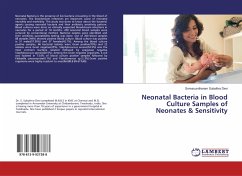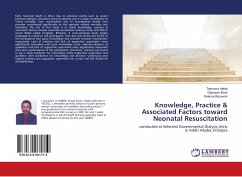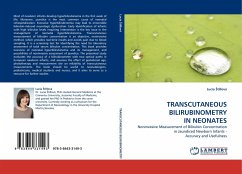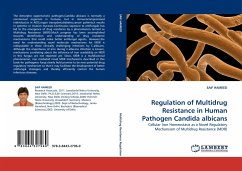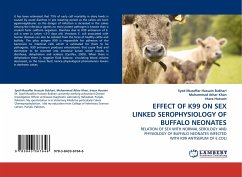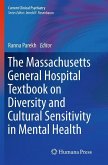Neonatal Bacteria is the presence of live bacteria circulating in the blood of neonates. The bloodstream infections are important cause of neonatal mortality and morbidity. This study was done to know about the bacterial agents causing neonatal bacteria and their antibiotic sensitivity pattern. Blood cultures were done on clinically suspected bloodstream infections in neonates for a period of 18 months. 200 neonatal blood samples were cultured by conventional method. Bacterial isolates were identified and their antibiotic susceptibility testing was done. Out of 200 blood samples 88 samples (44%) showed positive blood culture. Blood culture was positive in 51 males(57.95%) and 37 females(42.1%). Among the blood culture positive samples, 66 bacterial isolates were Gram positive(75%) and 22 isolates were Gram negative(25%). Staphylococcus aureus(54.5%) was the most common bacteria isolated followed by coagulase negative Staphylococcus species(20.5%). Among the Gram negative organisms, E.coli was isolated in 13.6% of blood culture positive samples followed by Klebsiella pneumoniae(9.1%) and Pseudomonas sp.(2.3%).Gram positive organisms were highly resistant to oxacillin(88.8-89.61%)85.
Bitte wählen Sie Ihr Anliegen aus.
Rechnungen
Retourenschein anfordern
Bestellstatus
Storno

